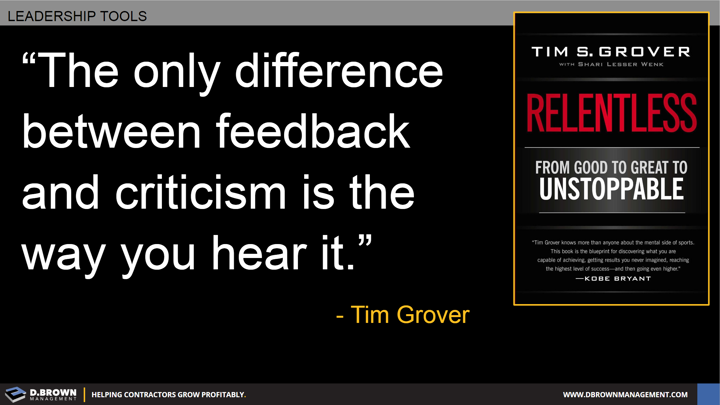For those who are in positions to lead and influence others, these are some of the most critical habits to develop in others.
One of the foundational habits is the ability to learn in many ways and from many people.
- If you are waiting for the perfect teacher, coach, or manager to come along before you can learn effectively, you will be waiting a very long time.
- If you tell yourself that you can only learn in certain ways, such as by doing, by reading, by listening, by watching, or by writing, then you are making a choice to learn less for yourself.
- If you spend more time focused on the format of the feedback rather than the intended content, then you are impacting yourself. Wrong tone? Mean intention? Don’t like the person? Person wasn’t as clear as you thought they should be? So what. Consider if there was any legitimacy to the feedback that you can learn from, grow, and act upon.
The more you can cross-train yourself to learn from all methods, the more effective you will be. No one is responsible for your learning.
Remember that even the best, such as Michael Jordan, have coaches like Tim Grover who help them push their limits and see their blind spots.
By the way, if you are waiting to become that perfect teacher, coach, or manager before you begin helping others, then you are limiting yourself and your team. Like anything, the ability to train, coach, and mentor gets better with practice.
Balancing Training & Coaching Effectively
"A coach is someone who can give correction without causing resentment."
Recommended Reading: Relentless: From Good to Great to Unstoppable by Tim Grover

